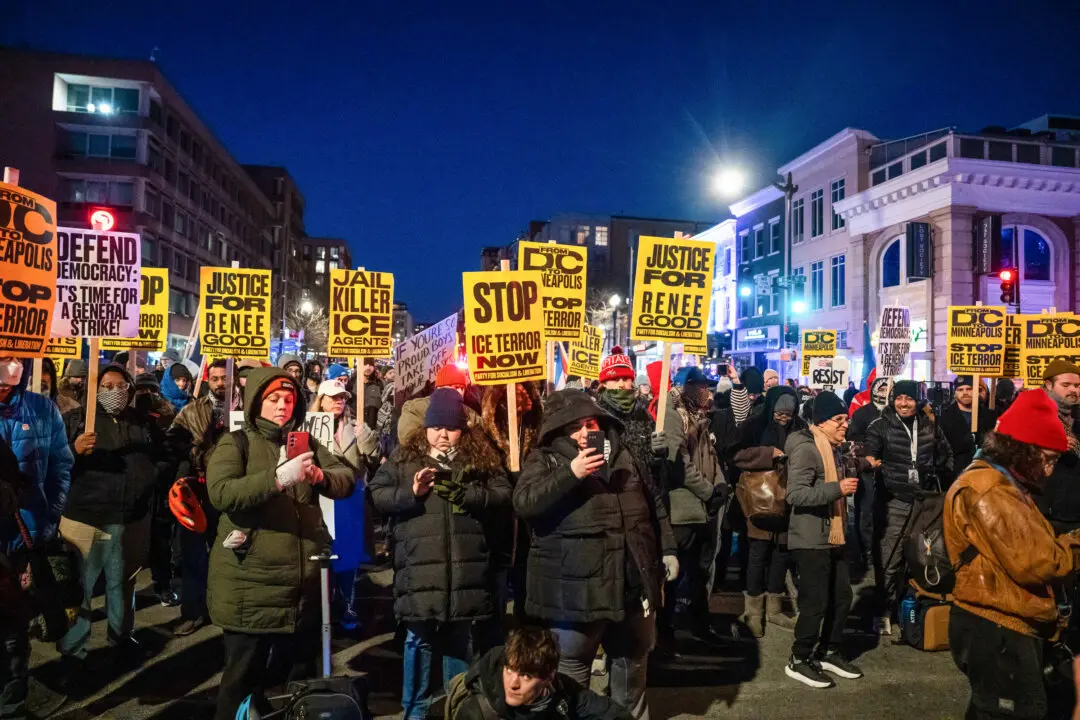Southwest Airlines Co. is basking in accolades for its “diversity, equity, and inclusion” (DEI) efforts, award-winning customer service, and record-breaking quarterly revenues.
Behind the scenes of that rosy picture, heartaches are afflicting Southwest, called “the airline with Heart” because of its heart-shaped logo and a corporate culture steeped in “The Golden Rule,” treating others the same way they’d like to be treated.





